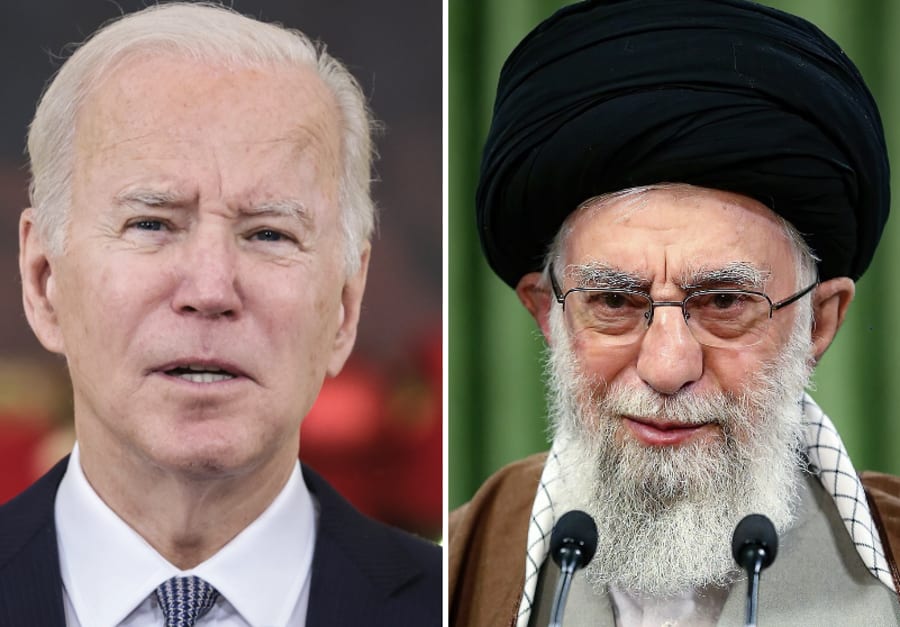US-Iran prisoner exchange could pave way to nuclear deal, according to NYT report
US and Iran will both release five prisoners, US to unfreeze $6 billion in Iranian assets

The prisoner exchange between the United States and Iran is part of a larger framework of agreements that could lead to a nuclear deal between the two nations, Israeli defense officials told The New York Times.
Under the deal announced on Thursday, the U.S. and Iran will reportedly both release five prisoners, while the U.S. will unfreeze $6 billion worth of Iranian assets, to be used for humanitarian purposes only.
Two senior Israeli defense officials told NYT that the origin of the deal lies in the agreements reached during indirect talks held in the Sultanate of Oman in May. Those talks included Iran's pledge to limit its nuclear development and to prevent its proxy militias from attacking U.S. forces in Iraq and Syria.
Henry Rome, a senior fellow at the Washington Institute for Near East Policy, told NYT: “The prisoner deal is a key step forward for Washington and Tehran’s efforts to lower tensions as they eye a return to formal nuclear negotiations later this year.”
U.S. officials denied that any understanding about Iran's nuclear program was reached during the talks in Oman, while U.S. Secretary of State Antony Blinken denied that the prisoner exchange would lead to further relief of sanctions against Iran.
According to one Israeli official, the deal in Oman has already been implemented, made evident by the fact that Moscow would like to receive more Iranian military assistance, despite Iran already having sent some drones to Russia.
One U.S. official also confirmed that since May, there has been a decline in the number of attacks by Iranian proxies against U.S. troops in Syria and Iraq.
Nuclear talks between the U.S. and Iran, organized by the European Union, collapsed in 2020 after Iran insisted on guarantees that the next U.S. president would not renege on the deal.
The EU-sponsored talks are expected to resume later this year, but according to Rome, both Iran and the Biden administration might want to wait until after the next election to sign another deal.
In 2015, Iran and the so-called P5+1 (the permanent members of the U.N. Security Council—China, France, Russia, United Kingdom, United States—plus Germany) signed the Joint Comprehensive Plan of Action (JCPOA) nuclear deal with the EU.
Under the terms of the JCPOA agreement, Iran consented to reduce its uranium stockpile and the number of centrifuges, among other concessions, in exchange for relief from sanctions.
In 2018, the U.S. Trump Administration withdrew from the JCPOA, which has not been in force since then.

The All Israel News Staff is a team of journalists in Israel.













